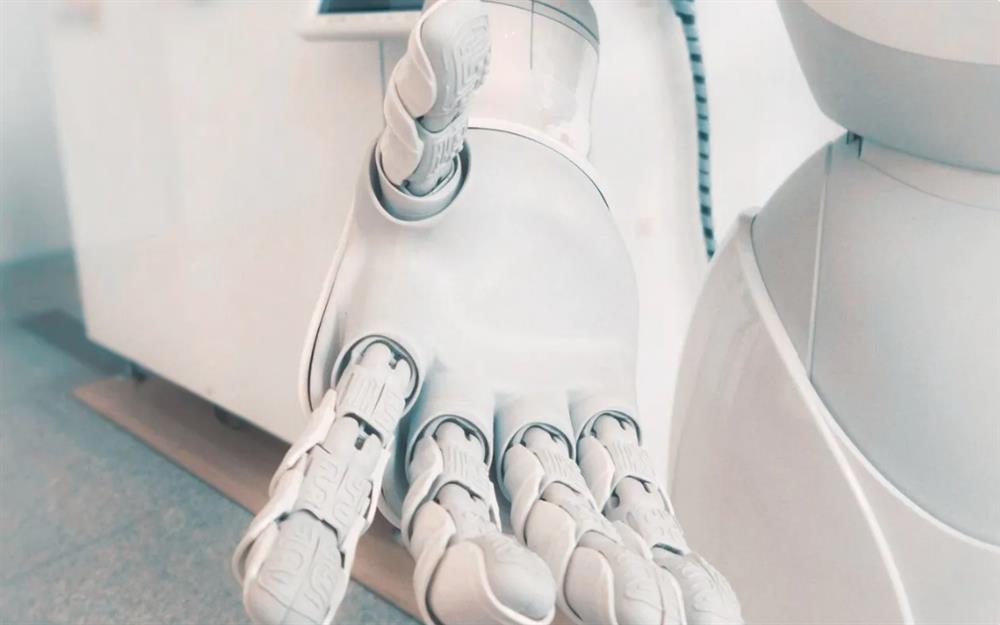The global job market is rapidly changing thanks to Artificial Intelligence aka AI. Change in routine and repetitive tasks replacing automation is visible in all industries, from manufacturing to customer service. This may be good for large businesses as it leads to lower costs of operations, however it drives millions of workers to displacement. If artificial intelligence replaces men in jobs, who will be left to buy consumers’ products?
Consumer spending, in turn, is driven by wages and a thriving economy depends on consumer spending; so on and on, in circles and circles. AI can erode the purchasing power of the masses because when AI eliminates jobs it eliminates purchasing power. A population without a working population earning salaries can’t demand goods and services as much as it used to. Yet the cost benefits of automation can actually be a contradiction in what threatens to make it nearly impossible for companies to operate in the markets they rely on.
While new jobs are created from technological progress, this can come at such a fast pace and high skill levels that many are left behind. Prevalent among AI driven growth are high tech roles that are not accessible for those who suffer displacement from automation. Widening the economic chasm where most are left to compete for relics of a digitizing economy until they become irrelevant and insolvent.
For instance, corporations which wish to use AI only to make short term profits realize that they also need to think about their longer term sustainability. Employment is a must have to create a consumer base. The need is great; Governments and businesses need to collaborate to rethink economic designs, from trying out universal basic income, reskilling programs and inclusive AI policies to make sure that people do earn, spend and sustain economic growth.
Conclusion:
If AI replaces too many existing jobs but there is no plan for income redistribution or new employment opportunities, it’s going to collapse the consumer economy it is supposed to make better. Human centric solutions constitute sustainable innovation. If we are to make progress that affects all, we’ve only got a chance if we preserve the spending power of the masses rather than the spending power of the few who own the machines.
